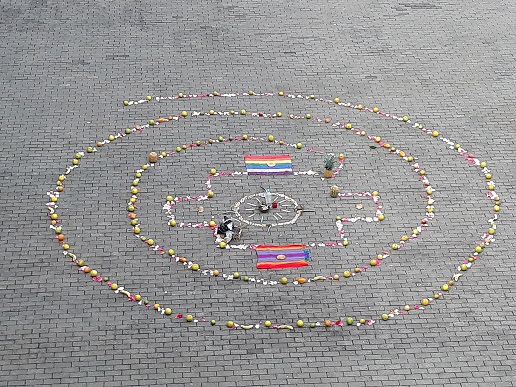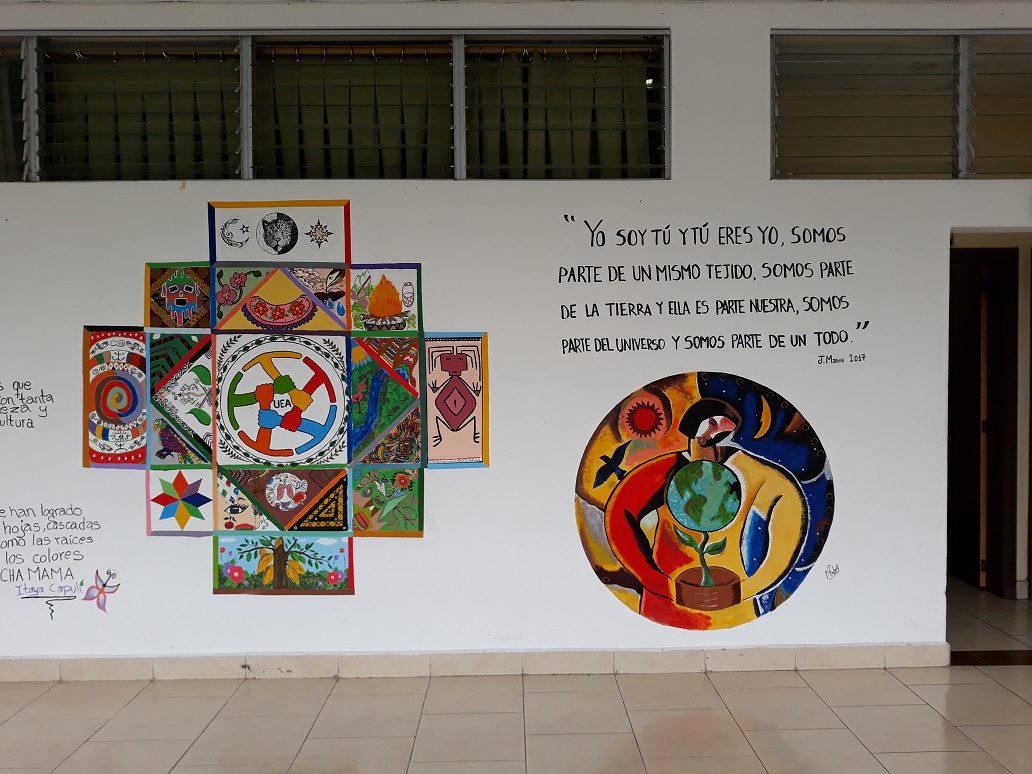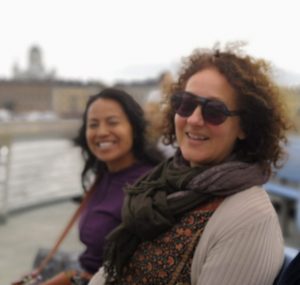
Paola Minoia: “Together with Katy,
I have been interviewed by the Podcast series on Extractivism and Alternatives.” The series is part of different initiatives coordinated within the unit of Development Study of the university of Helsinki, among which the forthcoming Exalt Conference 2020 on “Concurrent crises and sustainable futures: global extractivism and alternatives” in October 2020.
“In this podcast, we talked about the project, how Katy and I met and started our collaboration, and why we think that intercultural knowledge is related to different forms of justice: from epistemic to environmental and territorial. Katy spoke of her lived experiences in the Ecuadorian Amazon and, in particular, of evictions and destruction of villages in the Nankints community due to new mining exploitations.”
The podcast is accessible through this link. There are three versions: one integral version including presentations in Spanish by Katy and translations by Paola, one in Spanish, and one in English only.
“I hope you enjoy this conversation, and please let us know what you think!”
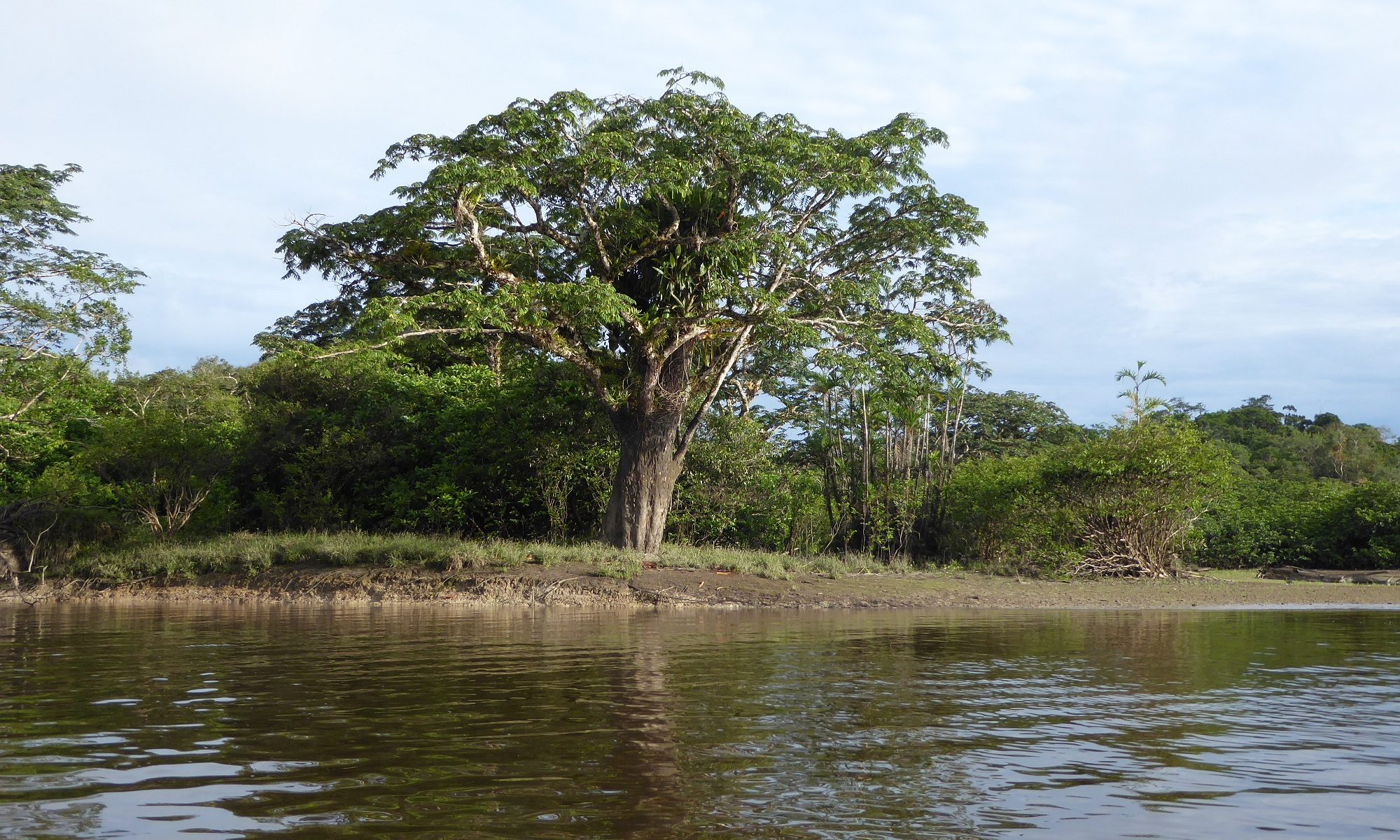
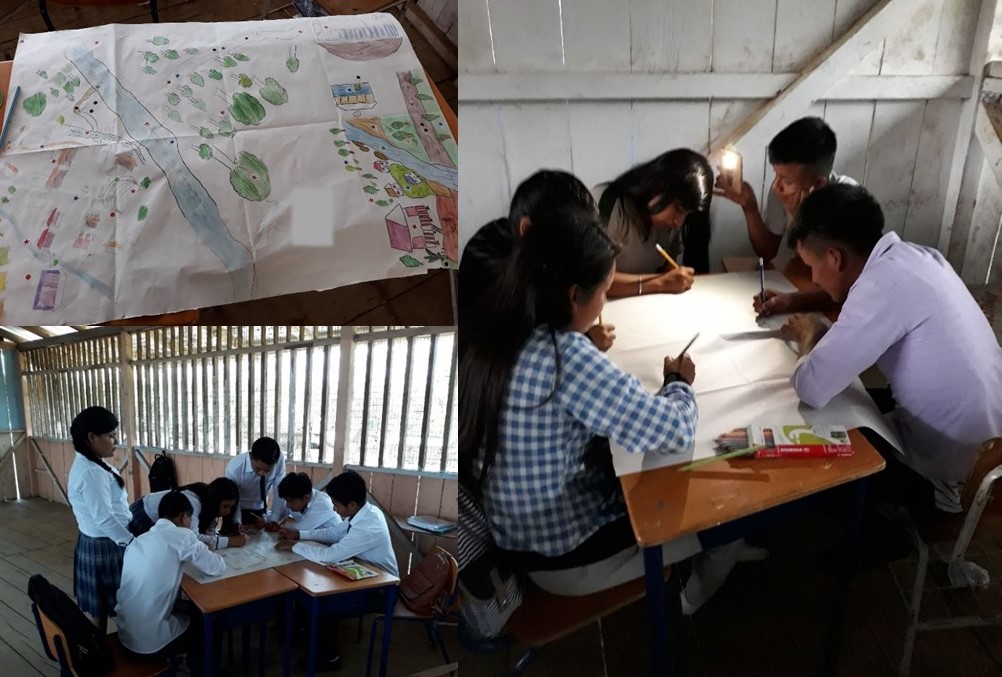
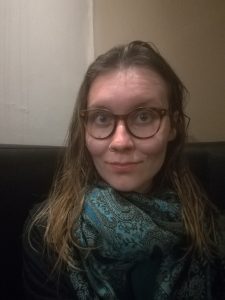 Born in Lapland, I have been interested in the issues of environment, indigenous knowledges and the fight against extractivist industries since my childhood. In this project I am conducting a study on the significance of place and territory in the context of decolonial education. My fieldwork included a three week journey through the Sapara territory and 2 month long period in the vicinity of Puyo, Pastaza, during which I visited multiple bilingual and intercultural schools. I am writing my master’s degree based on this fieldwork.
Born in Lapland, I have been interested in the issues of environment, indigenous knowledges and the fight against extractivist industries since my childhood. In this project I am conducting a study on the significance of place and territory in the context of decolonial education. My fieldwork included a three week journey through the Sapara territory and 2 month long period in the vicinity of Puyo, Pastaza, during which I visited multiple bilingual and intercultural schools. I am writing my master’s degree based on this fieldwork.
